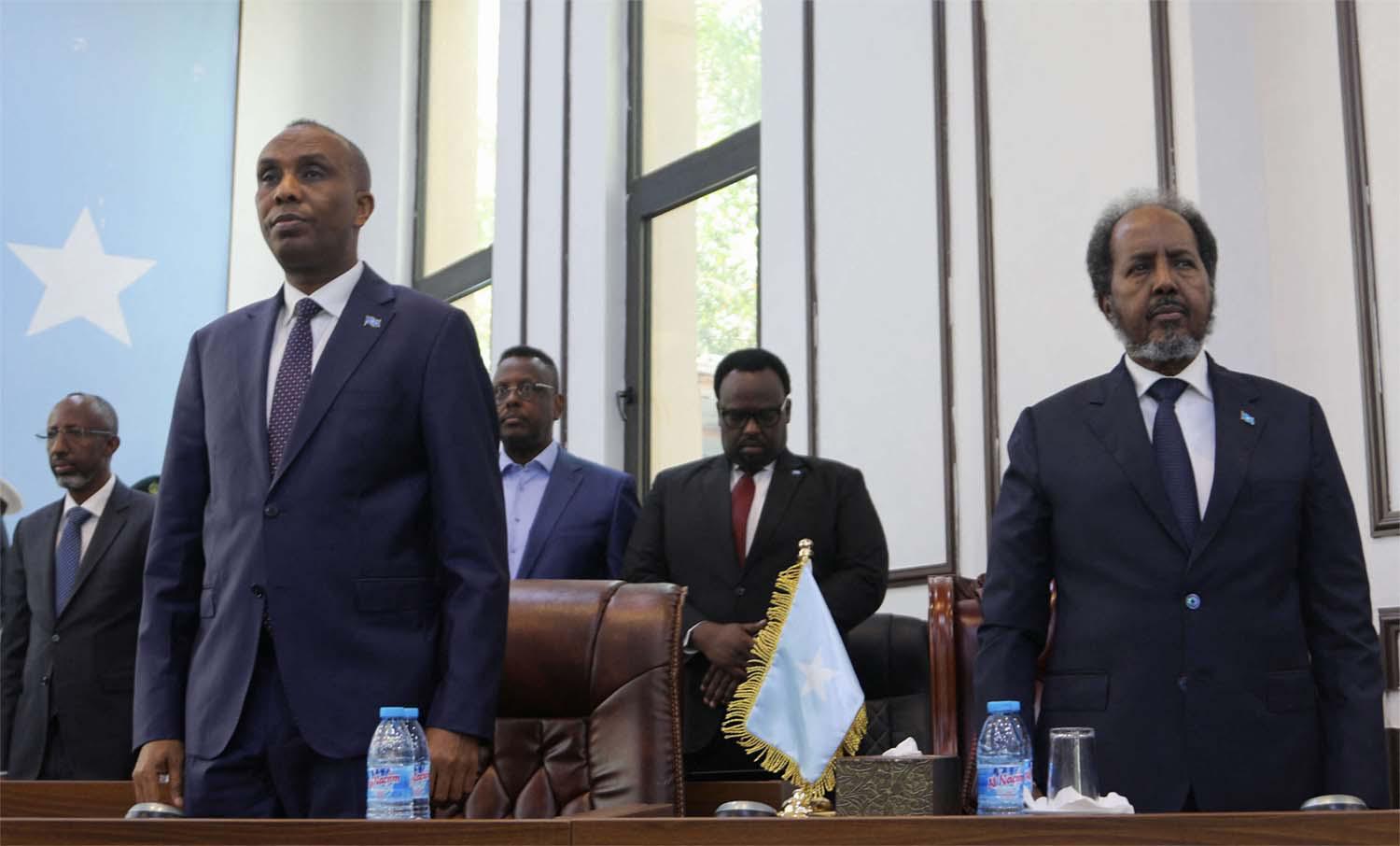Tensions escalate in the Horn of Africa as Somalia vehemently rejects a landmark port agreement between Ethiopia and the breakaway region of Somaliland. The deal, which grants Ethiopia access to the Red Sea in exchange for recognizing Somaliland’s independence, faces strong opposition from Somalia, which views Somaliland as an integral part of its territory.
The Somali government, declaring the agreement as having “no legal force,” has summoned its ambassador to Ethiopia for urgent deliberations. The pact, signed by Ethiopian Prime Minister Abiy Ahmed and Somaliland leader Muse Bihi Abdi, would allow Ethiopia to lease a strategic 20 km area around the port of Berbera on the Gulf of Aden for naval and commercial use over 50 years.
In a bold move, Somaliland’s leader declared that Ethiopia would be the first nation to recognize Somaliland as an independent state. This recognition, however, is disputed by Somalia’s President Hassan Sheikh Mohamud, who emphasized in parliament that “no one has the power to give away a piece of Somalia.”
The deal has broader regional implications, as Abiy’s ambition to secure Red Sea access has heightened tensions with neighboring countries. In response to the rejection, Somalia’s leader called the agreement “an open interference with Somalia’s sovereignty, freedom, and unity” and declared it “null and void.”
Somalia’s rejection comes amidst renewed talks between Somalia and Somaliland to resolve their long standing disputes, mediated by Djibouti. Somaliland’s interior minister, Mohamed Kahin, expressed dissatisfaction with Somalia’s position, demanding an apology for claiming Somaliland as part of Somalia.
As the geopolitical dynamics in the Horn of Africa continue to shift, the implications of this rejected deal extend beyond the immediate parties involved, raising concerns of potential conflicts and diplomatic challenges in the region.



